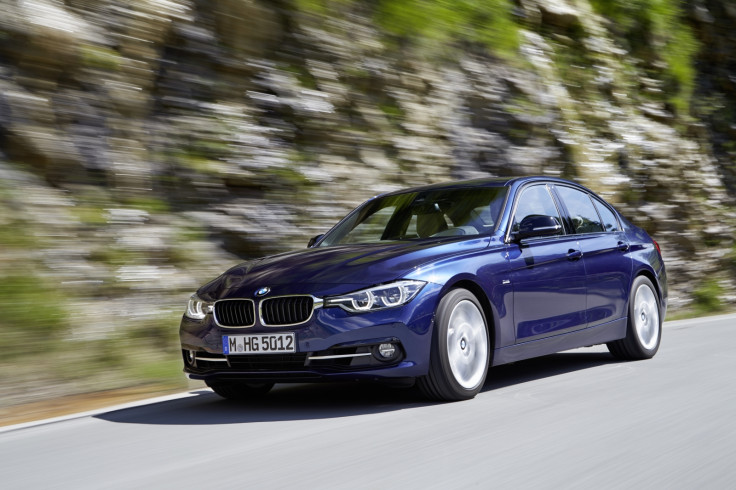BMW recalls 110,000 cars in Japan over exploding airbags
More than 100 million cars have been recalled over the problem by automakers worldwide in biggest operation seen.

German carmaker BMW has recalled 110,000 cars in Japan over potentially faulty airbags produced by Takata, amid the biggest ever car recall in the history of the automobile industry.
On Friday (9 September), BMW said the vehicles recalled spanned across 44 different models produced between 2004 and 2012, including its 116i and 118i hatchbacks and the 320i sedan. The group added all passenger-side air bags in the cars will need to be replaced amid suspicions they could be faulty.
The nitrate-based propellant used by the airbags' inflating system is prone to explode after prolonged exposure to hot and humid conditions, which often results in metal shrapnel being sprayed on to the passengers. The faulty airbags have so far been linked to 14 deaths and 150 injuries.
BMW's recall comes less than 24 hours after Honda, Japan's second-biggest carmaker, recalled 668,000 vehicles for the same issue, bringing the tally of cars it has had to bring back to its dealership to 51 million.
Approximately 100 million cars, including 34 million in the US, have been recalled so far in the largest ever operation of this kind in the industry, with Mazda, FIAT and Ford among the car manufacturers involved.
In May this year, Japan's transport ministry ordered various automakers to recall an additional seven million vehicles in Japan over the air bags. While the government's decision followed that by the US transport authorities, it asked automakers to recall their vehicles in phases by 2019.
In the wake of the scandal, Takata's share price has tumbled 90% over the last two years as it faces a compensation bill in the region of billions of dollars.
© Copyright IBTimes 2025. All rights reserved.






















